For each student, staff have their target grade in mind, based on KS2 data. Although this is not shared with Key Stage 3 students, it offers staff an idea of ability and long term minimum goal.
For our skills ladder, we created five stages, working back from GCSE to determine the skills we expect students to develop over the course of Key Stage 3.
We have also overhauled schemes of work to take into account changes to languages over the next few years. The stages of the skills ladder are interwoven into the new schemes of work to ensure that students have ample opportunity to improve each skill and make good progress.
Students have six assessments each year, three of which test listening and reading and these are linked to the stages on the skills ladder. After each assessment, students fill in an assessment tracker in their exercise books in order to identify their strengths and area for improvement.
Long-term, we will be using our school data system (BromCom) to track how well students develop across the five stages but the software isn't quite there yet.
We are now using a marking scheme which is similar to GCSE and students receive a mark out of 40. We would expect to see students attain an increased mark throughout each year and across the whole Key Stage.
At KS3, we wouldn't realistically expect students to achieve 40/40 but the mark scheme is designed to continue to be used at GCSE in order to track progress across their whole MFL experience at secondary school.
If a student has a target grade of A, for example, then we would expect them to be achieving Gold by the end of year. If they are not, we can see they are not progressing as we would like and consider why this may be for that individual. Until BromCom is fully developed, we will continue to use a spread sheet to track how students are doing.
We are currently moderating the first sets of assessment to ensure staff feel confident interpreting and applying the mark scheme.
Students have responded very positively to the gold, silver and bronze system, most noticeably year 9 who have worked with levels for the longest. There are things we will probably tweak over time, as it is not yet a perfect system, but so far feedback from staff and students has been very positive.
DOWNLOAD skills ladder
DOWNLOAD writing mark scheme
DOWNLOAD speaking mark scheme
DOWNLOAD target thresholds
DOWNLOAD Bronze, silver, gold boundaries
DOWNLOAD student tracking sheets

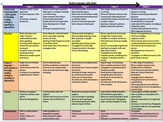
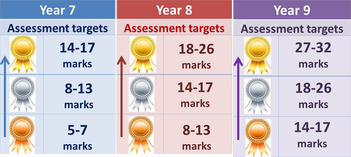
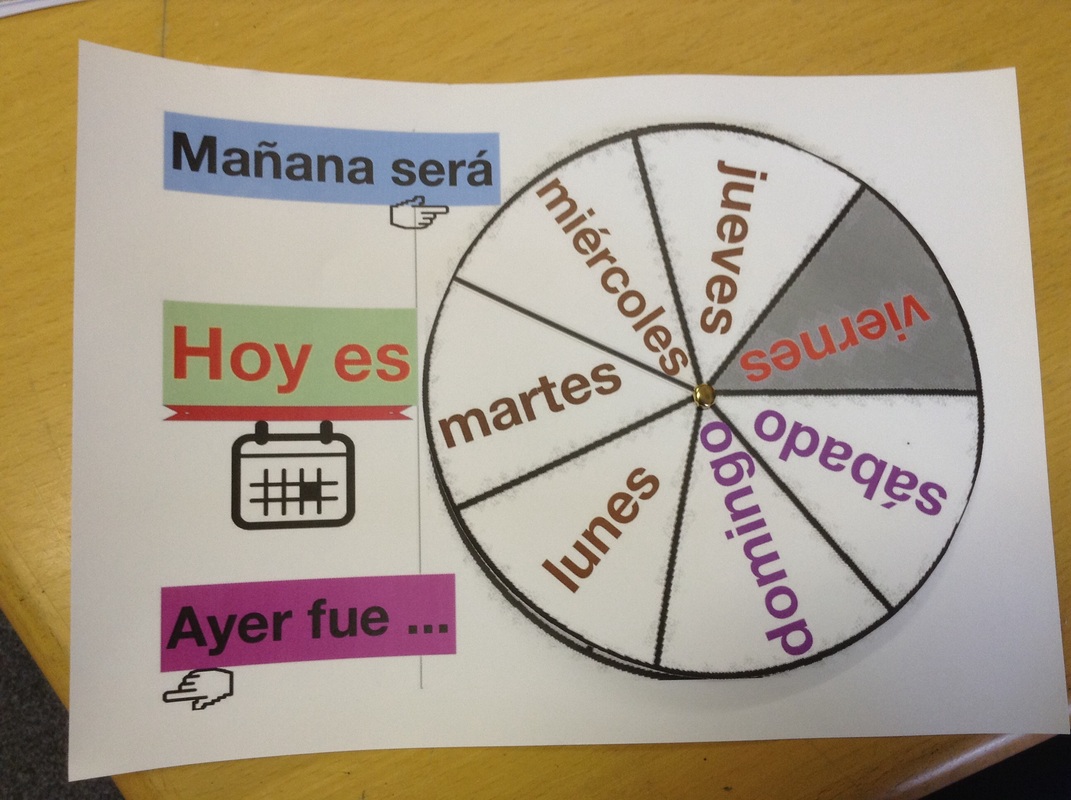
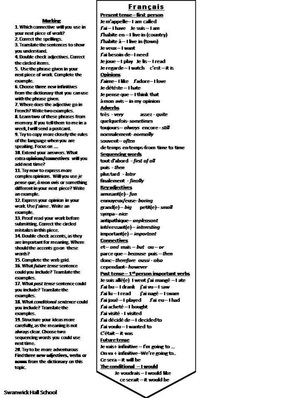
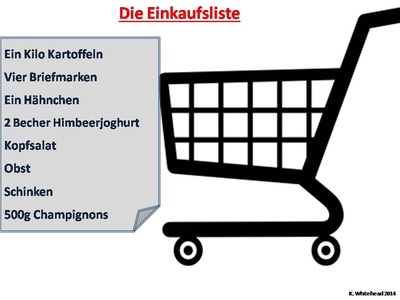
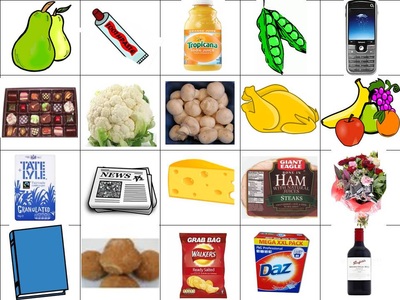
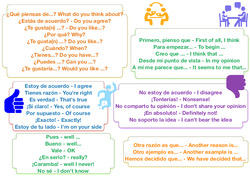
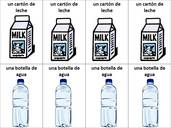
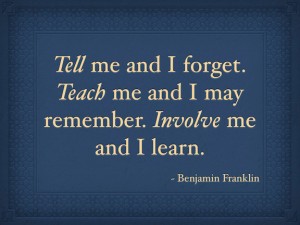

 RSS Feed
RSS Feed
